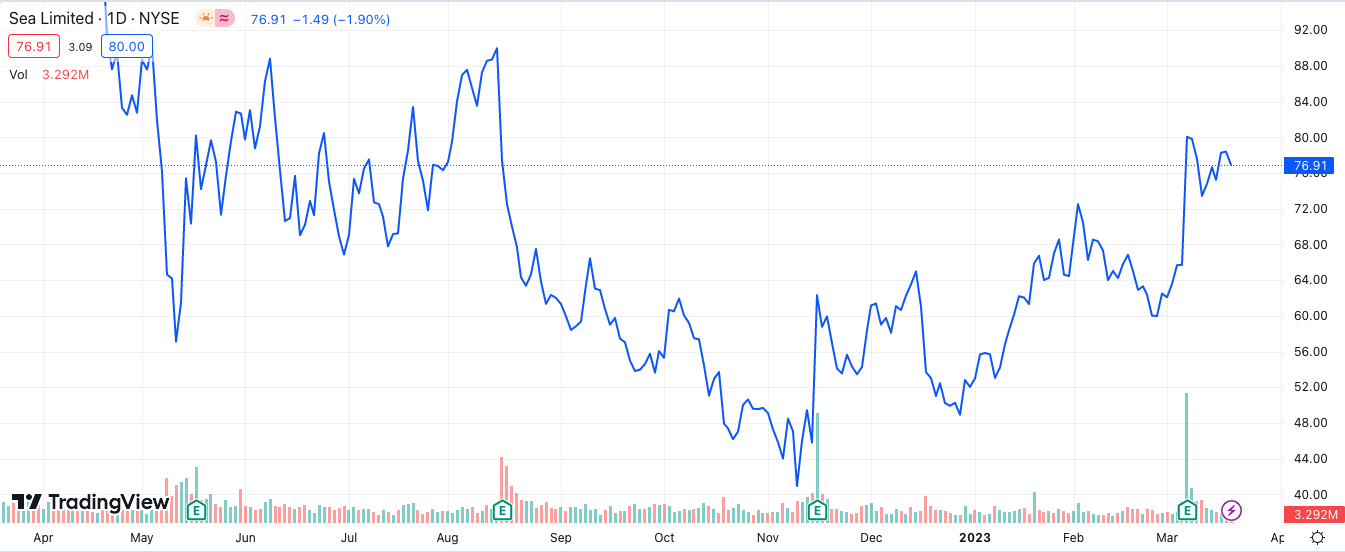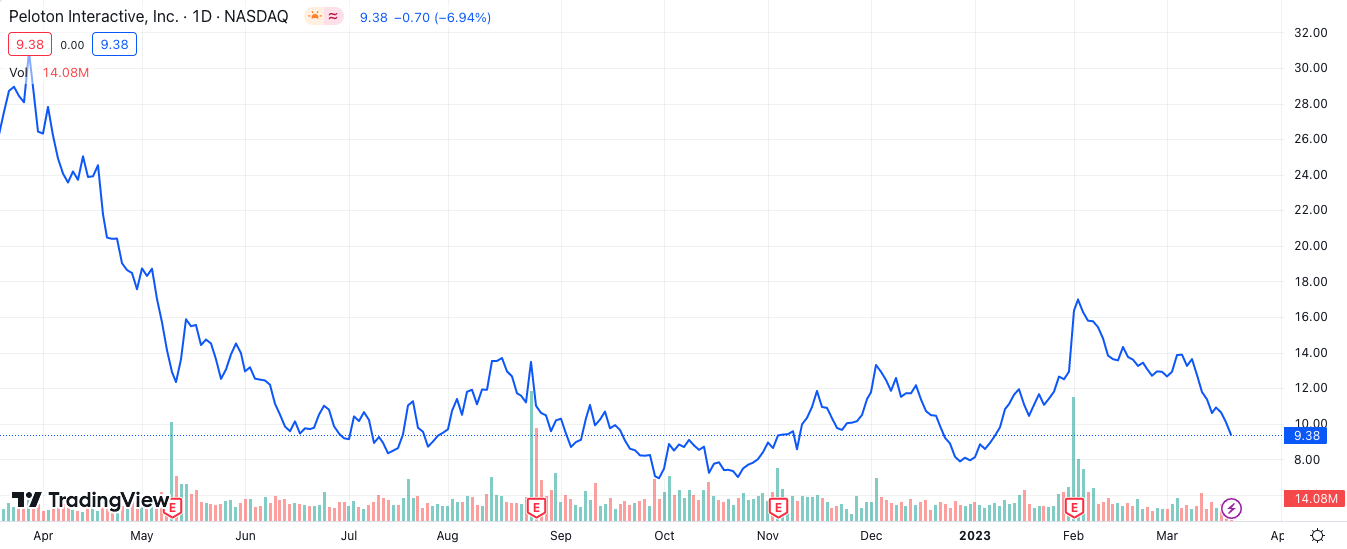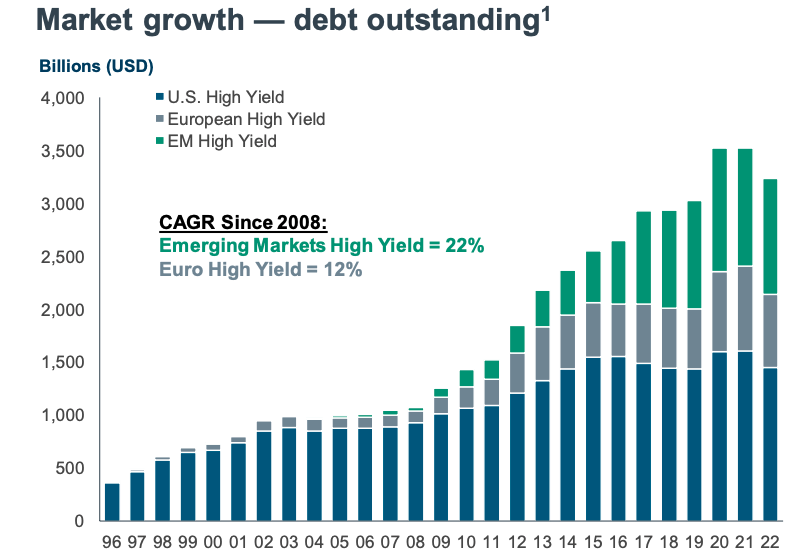Where in the world of stocks and bonds T. Rowe Price is investing now
Investors are living through a period of economic and financial market regime change. This was a core theme emphasised in a presentation delivered yesterday by T. Rowe Price portfolio managers Scott Berg and Mike Della Vedova.
It might surprise some people to hear this, given the eerily familiar headlines about government bailouts of financial institutions coming out of the US and Europe in recent weeks. But Berg, who heads up the T. Rowe Price Global Equity Fund, explains:
“I don’t think this is a capital crisis, it’s not a loan crisis – though it is a liquidity crisis and a crisis of confidence, and I don’t take it lightly,” he says.
“But I don’t think it’s quite as big and scary as the world’s taking it right now, and I think that’s partly why the equity markets have remained a little calmer through it.”
He believes the fog is lifting on an “insane” three-year COVID period.
The regime change
Berg notes that many companies in this new environment aren’t pushing into new markets at the same rate but are instead de-globalising. And alongside rising interest rates, corporations’ tax rates, labour costs and commodity prices are also increasing.
“Corporate profit margins, which for 15 years were a one-way trade, aren’t going to go up easily,” says Berg.
“They’re not going to crash; it’s not going to be a disaster, but it is going to be tougher sledding for companies around the world.”
And in that environment, he wants to own more of the “good, durable, grinding stuff that has its own motor, is trying to grow 5% or 10% - not 3% - and is growing profit 15%, is trading at reasonable multiples.”
His team still owns what Berg describes as the “best of the best” in the secular high-growth cohort. An example he names here is the southeast Asian e-Commerce gaming company Sea Limited (NYSE: SE)
This was one of many profit-losing tech companies, which as recently as last September reported a loss of 2000%, its adjusted EBITDA falling to -US$506 million from -US$24.1 million. But in an about-face on strategy, company CEO Forest Li in later 2022 committed to a turnaround he estimated would take around 18 months to execute.
“He came out two weeks ago with the fourth-quarter update and they’re already profitable, four quarters ahead of schedule,” says Berg.
In response, the stock price gained 25% in a single day – in the eyes of Berg and his team, this helps prosecutes their thesis that the Singapore-based, NYSE-listed company is among the world’s best-positioned e-commerce gaming companies in the fastest-growing part of the world.
Sea Limited (NYSE: SE) 1-year share price

And at the same time, the fund has scaled back its exposure – or sold out entirely – from companies whose business models haven’t panned out. Peloton (NASDAQ: PTON) is cited as a prominent example here.
“The business model has seemingly broken, with a change in leadership and it doesn’t look like they’ll see a profit for a couple of years,” says Berg.
But he emphasises the fortunate timing of its exit in recent months was fortunate, the stock price gaining around 100% in the first six weeks of 2023. This follows the drop of around 75% it saw from its mid-COVID peak of US$162 – which in turn preceded a 700% rise in the early stages of the pandemic.
Peloton 1-year share price

“You’re getting chances now to pick – things you don’t like are moving up, you can sell them and things you like that are going nowhere – you can buy them. It’s a more normal world…the fog’s cleared,” Berg says.
This environment has allowed the team to trim 15 names in eight weeks, and the portfolio now holds the same number of companies as it did in 2019.
“We have the most concentration in our top 20 or 30 stocks as we’ve had in five years. That’s because the prices are moving such that we can do that offensively…you don’t want to buy safety at the point of peak pain and then sell that.
What about banks?
Turning to the elephant in the room currently – global fears about bank collapses – Berg provided a quick summation of the US financial sector, which features more than 4000 banks.
“If you’re an individual or small business (in the US) with $250,000 or less in your bank account you have zero to worry about under any scenario, even if the bank goes under tomorrow.
That’s because the US Federal Deposit Insurance Corporation 100% backstops deposits in these circumstances.
“But out of those 4,000 banks, about 10 or 20 were very different to the rest, with very concentrated deposit bases with balances well above that $250,000 limit – the poster child being Silicon Valley Bank,” says Berg.
He explained how, on Thursday a week ago, US-German billionaire entrepreneur Peter Thiel told his portfolio companies to pull their money out of SVB because they were exposed for everything beyond that US Government-insured limit.
“In one day, there was US$42 billion of requests to withdraw deposits from one bank – that was because their balances were over $250k and it was a very small group of people in a small place, that were all connected,” Berg says.
But he also notes that the huge sums withdrawn by these customers weren’t going to be held in cash for any length of time – largely because neither individuals nor companies can function without an account.
“Who do they put this money with now? The safest big banks like J.P. Morgan (NASDAQ: JPM) or Bank of America (NASDAQ: BAC). Or super-regional bank Fifth Third (NASDAQ: FITB),” says Berg.
This is one of the five banks the T. Rowe Price Global Equity portfolio owns, alongside Huntington Bank (NASDAQ: HBAN), another of this cohort of super-regional names.
“The ones getting deposits now – the banks we own – are in a great place, in a higher interest rate environment where deposits are valuable. Every one of them are in the top 40 biggest banks,” he says.
On Monday night in the US, First Republic Bank – another of those that failed alongside SVB and Signature Bank – saw its share price close 47% lower. But Fifth Third was up 5% as were J.P. Morgan and Huntington.
Why? “Because in a financial crisis, a bunch of quants and hedge funds say, ‘let’s sell the financial ETFs’ and they’re doing that, or shorting them, along with insurance companies that have nothing to do with this,” Berg says.
This bolsters his view that what’s currently unfolding in US banks isn’t a systemic crisis, as does the additional firepower still at the disposal of the US Federal Reserve.
“They didn’t put an unlimited deposit guarantee out there – which is what they did in 2008. That’s the bazooka they still have,” he says.
“The government doesn’t want to have to use that – you don’t want to go all the way to the biggest weapon if you don’t have to. They’re hoping the system will solve itself with this – and it’s touch-and-go so far.”
Fixed income investing: “It’s about getting paid”
Taking a different tack in his presentation was Mike Della Vedova, co-portfolio manager of the T. Rowe Price Global High Income Fund. He acknowledges much has changed in the current environment but also emphasises there are constants investors need to remember.
“Valuations have changed in ways back in 1997 I think everyone would consider unimaginable. But when you look at fixed income, it’s about getting paid back, getting paid a coupon,” says Della Vedova.
“It’s that compounding effect – and avoiding those companies where you won’t get paid back – that drives wealth growth,” he says.
His team invests in high-yield credit assets – corporate bonds that are publicly-traded securities, but which are classed as sub-investment grade with a rating of BBB or lower.
“But they’re traded in hard currency and have good documentation – they’re just not investment-grade. It’s definitional, that’s all it is.”
Though Della Vedova notes that paying attention to numerous details is especially critical in this area of credit assets.
“You have to make sure [the companies] are earning income, they’re generating cash and have a means of paying your interest. Otherwise, what’s the point? That’s key,” he says.
“People might deem high yield as belonging in the risk bucket…and yes, if you do risky things, you’d better be conservative in your approach.”
Reflecting on when he first joined T. Rowe Price 14 years ago – in 2008 – he found a like-minded bunch of “credit nerds worried about how you pay investors, how you protect them.”
“The GFC should’ve taught people that, when you least want them to, markets and assets can correlate very quickly and aggressively against you,” says Della Vedova.
He regards the global reach and scale of T. Rowe Price’s credit team as a key advantage for investors in the space. The close relationship this team has with the large equity management teams is also important, particularly in helping to accurately value the underlying companies of credit assets.
High-yield credit issuers
Della Vedova also reminds the audience that the corporations in this space are in many cases well-known, pointing to some of the names that have issued debt assets in his portfolio. These include:
- Samsonite
- Ford
- Land Rover,
- Fortescue Metals Group
- James Hardie.
What does income generation look like now?
High-yield credit in emerging markets, alongside the US and Europe, are some of the areas of the credit space Della Vedova is currently most excited about as potential income sources in the next year.
He notes there is a misconception that the US is the only game in town for high-yield credit “but the US is just over half of it.”
“These are from US-dollar issuers, with the same documentation and same protections we look at in the US and Europe – and with increasing growth in the middle class right across the emerging market world.”

Della Vedova believes these trends are only going to continue expanding and points out that the global high-yield credit market is now five times bigger than it was in 2000.
“You’re looking at a large, global asset class with the risks in control,” says Della Vedova.
And he concedes that in the earlier days of high yield, some of the major players in the space were “tourists – fast money, hedge funds, people who didn’t understand the risk.”
Many of these were shaken out by GFC, and others fell away during other crises including the COVID downturn.
Della Vedova believes we’ve now got a better-balanced credit market, also pointing to what’s happened to holders of the additional tier 1 bank debt of Credit Suisse this week.
“Those who are just there for the high returns, they’re going to get shaken out as well. And it shouldn’t come as a surprise.”


1 topic
6 stocks mentioned
2 funds mentioned
2 contributors mentioned

